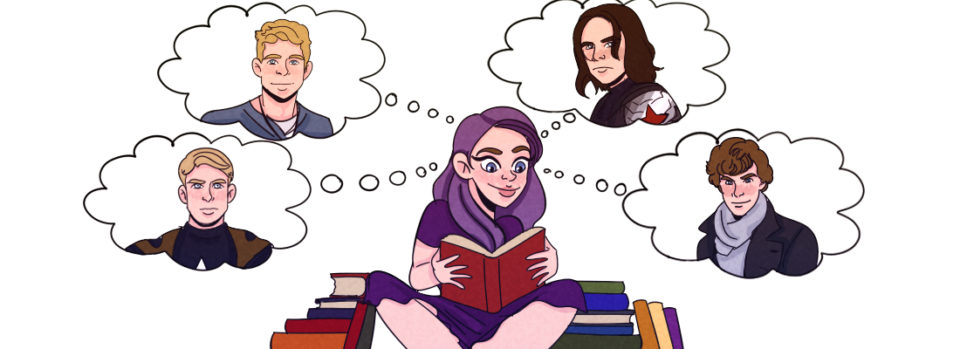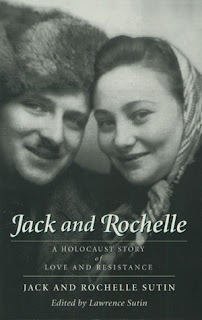Brutally Honest & Ridiculously Funny…Table Talk: Memoirs of a Bikini Waxer is a hilarious collection of stories, opinions, rantings and ravings that will leave you laughing your hairless ass OFF! Each chapter represents a different hat worn by Caren on any given day as a hair removal specialist. The Bikini Waxer — The Love Doctor — The Bearded Lady — The Belle of the Balls- no subject is off limits. Not only funny but sincere and uplifting, this book will leave any female reader with a sense of womanly pride and dynamism. “As a woman who knows women, I have found that no issue is too big or too small to discuss. We are passionate conversationalists regardless of the subject matter. Whatever the issue may be from finding a new wrinkle or a gray hair to buying a new outfit, dating a jerk, getting a divorce or not knowing what color to paint the damn powder room, it’s all important to us – at least for the time it’s on the table. Some women look to me for answers. I can only tell them what I would do in certain situations but it’s important to tread lightly with some subjects. After all, despite what some may think, I don’t have all the answers. Who on this planet does
My first thought when I got this book was, “So why did I want to read about waxing again?”, that did not last very long at all. This is a very fun and enjoyable read that had me laughing out loud several times. Caren A. Stein has written a sassy, smart little romp about how she lives her life and what she does. There were some stories of things that she has put up with as a waxer that made my jaw absolutely drop. The way she handled them was professional and yet also a bit laughable. It did not take me long to read the book as it is a short and fast paced read but it is put together very well. There is some coarse language so if that is something you are okay with it will not be a bother to you. The formatting of the book makes it easy to read and the chapter titles are pretty funny as well.
I am a person who enjoys a little look into other peoples lives and Caren A. Stein gives us a fun look into hers. I can not say this book made me ever want to go and get a bikini wax, I suspect I might end up being a whiner which Ms. Stein lets us know is not very well liked by those in the field. I would recommend this book to anyone who wants a good laugh and a nice fun easy read. It is a good book if you ask me.
My Gemstone Rating:














